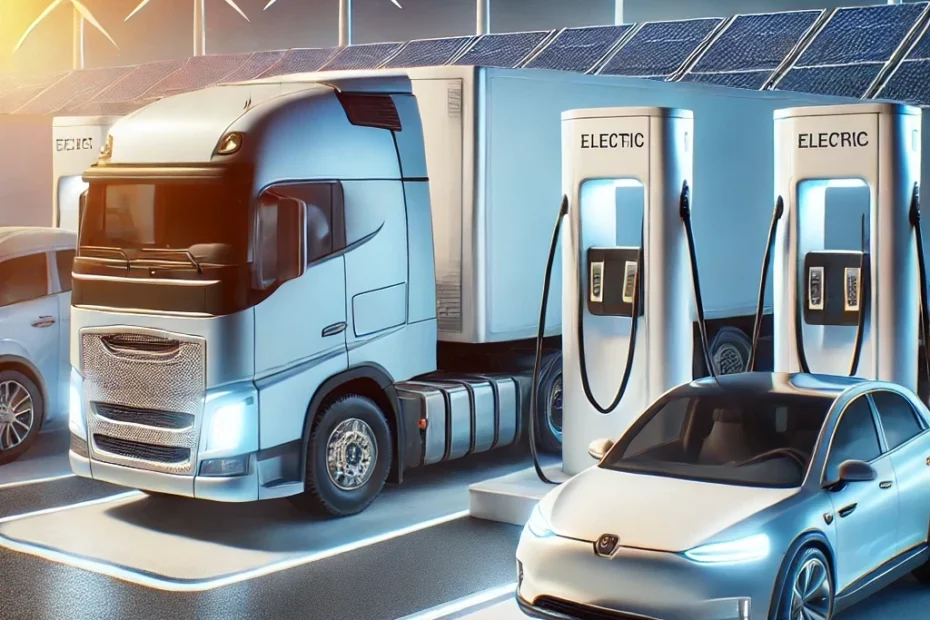As the electric vehicle (EV) industry continues to evolve, there is growing evidence that high-voltage battery packs in electric cars often outlast the vehicles themselves. According to research highlighted in Electrek, many EV batteries maintain a substantial portion of their original capacity, even after the car has reached the end of its functional life. This extended battery life is primarily due to the lower energy demands of passenger cars and the sophisticated battery management systems (BMS) that optimize charging cycles and prevent premature degradation.
However, this trend does not hold for heavy-duty vehicles like trucks and buses, where batteries frequently wear out before the vehicle reaches the end of its service life. There are several factors contributing to this difference:
- Higher Annual Mileage: Trucks and buses cover much greater distances annually than passenger cars. On average, heavy vehicles can travel double or even triple the distance of a car each year, placing significantly more stress on the battery systems (average distance for heavy vehicles)
- Greater Energy Demands: Heavy vehicles require much more power due to their size, weight, and cargo loads. This results in a more intensive use of the battery, which accelerates wear and shortens the lifespan of the battery pack compared to lighter, more energy-efficient cars.
- Frequent Fast Charging: To reduce downtime, heavy vehicles often rely on fast charging. While this allows trucks and buses to get back on the road quickly, the increased heat and stress from fast charging accelerates battery degradation, further shortening their lifespan.
Recycling and Reusability Considerations
Because of these differences, the recycling and second-life use of batteries from cars and heavy vehicles must be approached differently. Car batteries, thanks to their longer lifespan and less intensive usage, can often be repurposed in secondary applications such as stationary energy storage or used as spare parts to extend the life of other vehicles, potentially reducing maintenance costs.
In contrast, battery longevity in heavy vehicles remains a significant challenge. Due to the faster rate of degradation, truck and bus batteries are not yet suitable for reuse in second-life applications, such as spare parts or stationary storage systems. Therefore, recycling processes for heavy vehicle batteries will need to focus on material recovery rather than reusability until advancements in technology improve their durability.
